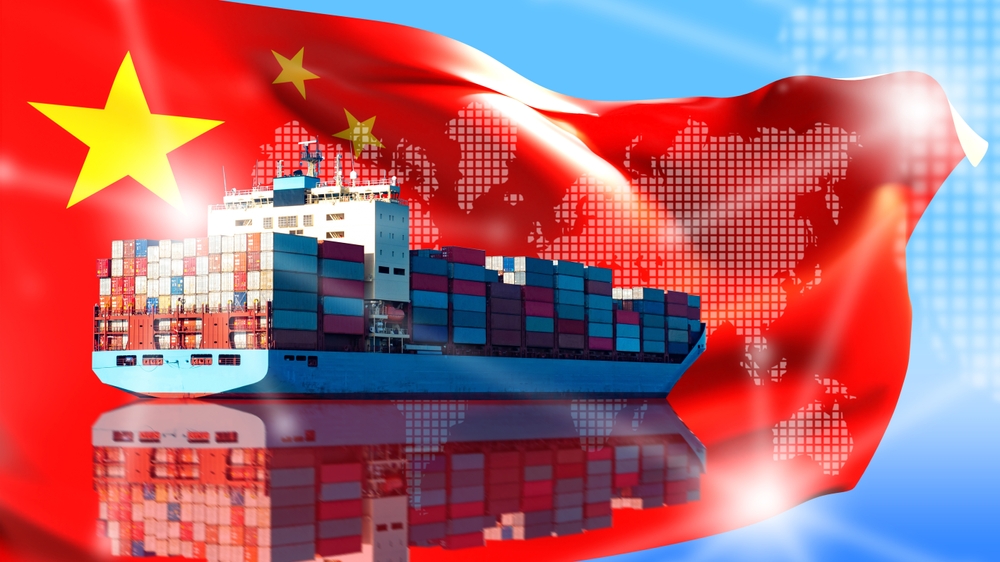China escalated its trade tensions with the United States on Thursday, adding dozens of American companies to its export control list in an effort to “safeguard national security and interests.” The move, announced by China’s Ministry of Commerce, prohibits exports of dual-use items—products with both civilian and military applications—to 28 U.S. entities.
Sanctions on U.S. Defense Firms
In addition to the export controls, China sanctioned 10 American defense companies, placing them on its “Unreliable Entities List.” The sanctions are a direct response to U.S. military sales to Taiwan, a self-governing island that Beijing claims as its own territory.
According to AFP, these firms are barred from engaging in trade with Chinese entities. While such sanctions are largely symbolic—U.S. defense firms do not sell arms to China—they signal Beijing’s growing assertiveness in countering U.S. policies.
Context: Rising U.S.-China Tensions
The sanctions come as Beijing prepares for President-elect Donald Trump’s return to the White House. During his campaign, Trump proposed imposing tariffs of up to 60% on all Chinese goods, a move that would intensify the already fraught trade relationship between the two nations.
The Biden administration had recently expanded restrictions on Chinese firms, particularly in the technology sector. Last month, China began investigating U.S. microchip maker Nvidia for potential violations of its anti-monopoly laws. These developments are part of an ongoing tit-for-tat between the world’s two largest economies.
Limited Impact of China’s Sanctions
While China’s sanctions on U.S. defense firms and export controls grab headlines, their practical impact may be limited. American military companies do not sell arms to China, and the broader economic consequences of these measures are expected to be muted.
“We expect tariffs on imports from China and autos, but not a universal tariff, which would carry economic and political risks that we think the White House will prefer to avoid,” noted Goldman Sachs analysts in a recent report.
Taiwan at the Center of the Dispute
Beijing’s actions are closely tied to Taiwan, a recurring flashpoint in U.S.-China relations. The U.S. has ramped up military aid to the island, prompting retaliatory measures from China. These actions underscore the geopolitical stakes as both nations vie for influence in the Indo-Pacific region.
Conclusion: Trade Tensions Set to Intensify
China’s latest moves highlight the deepening rift in U.S.-China relations, particularly as a new administration prepares to take office in Washington. While the immediate economic effects of these sanctions may be limited, the broader implications for global trade and security are significant. As both nations adopt increasingly assertive trade and policy measures, the potential for further escalation looms.


